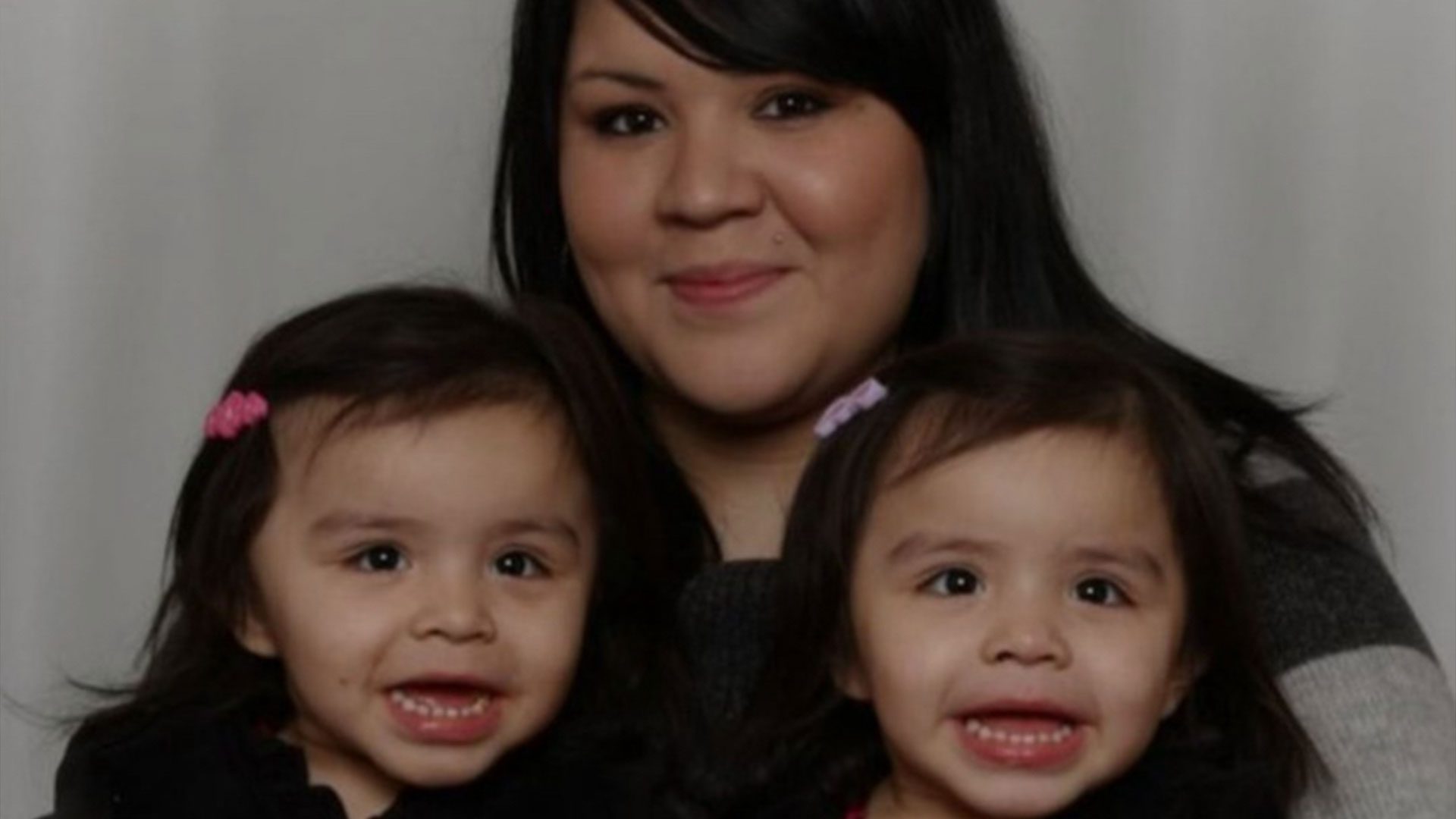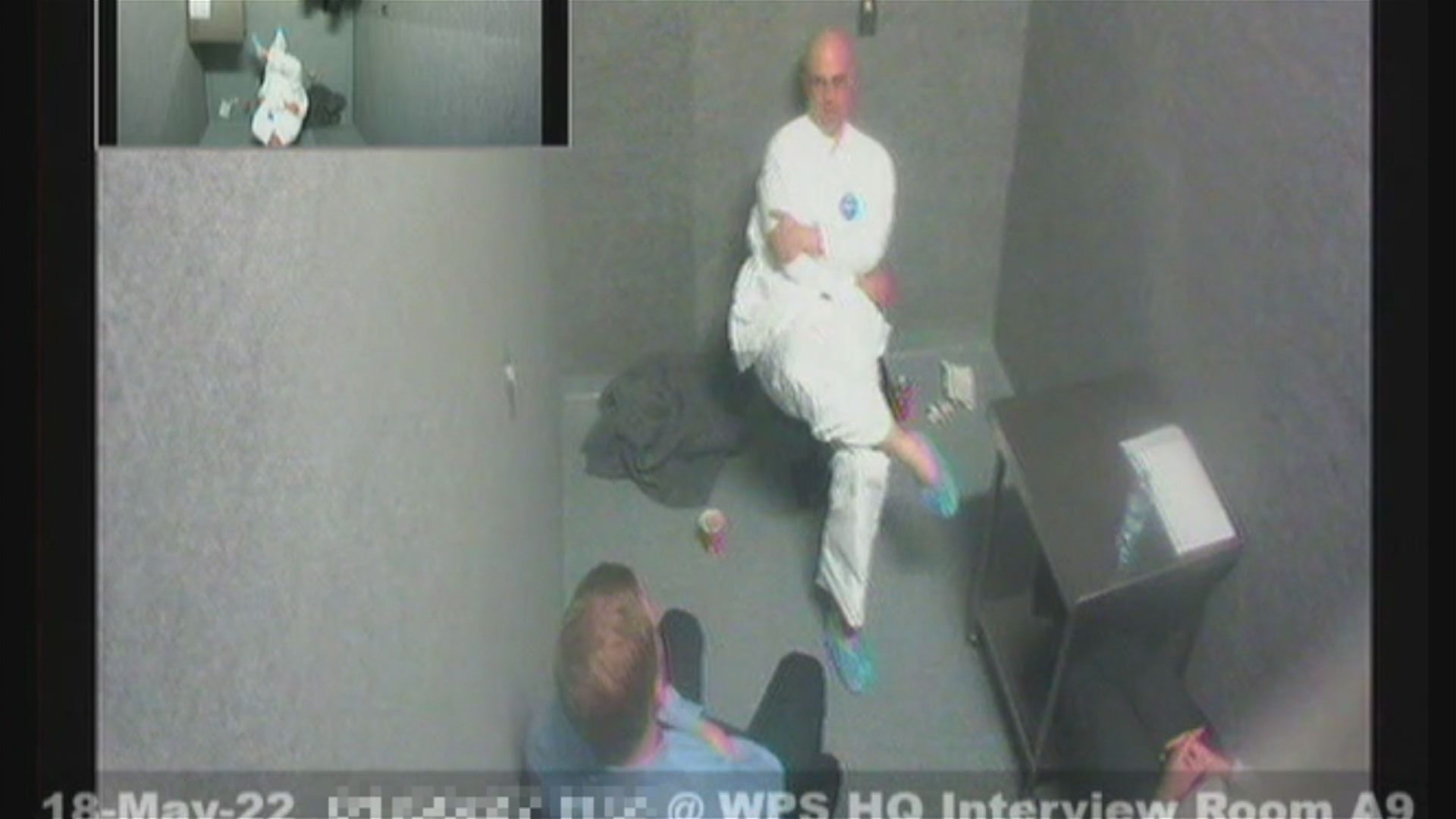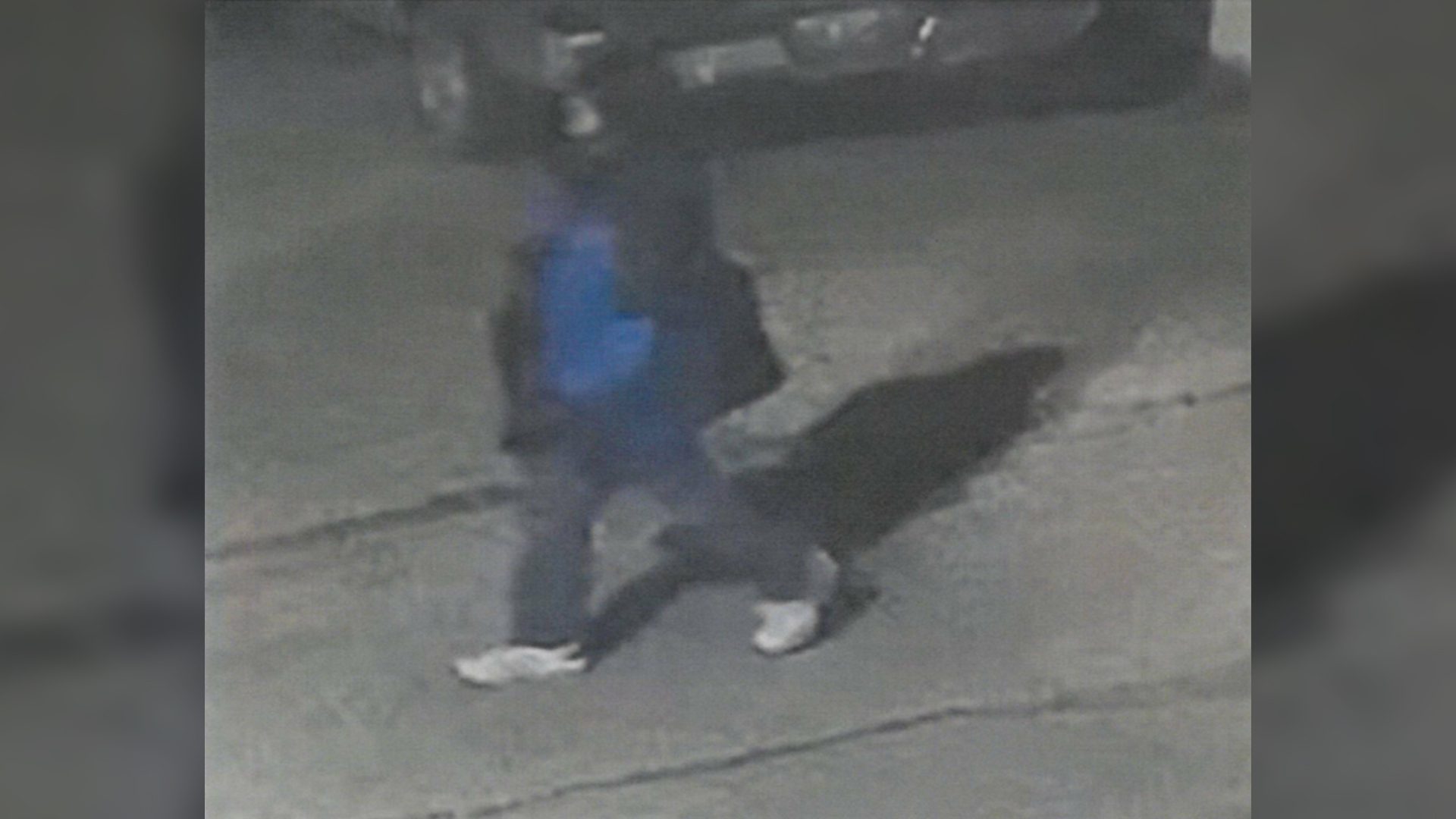Warning: This story contains graphic details about a murder trial. Please read with care.
Warning: This story contains details of a murder trial. Please read with care.
The family of a woman whose DNA police have identified as being inside the apartment of Jeremy Skibicki breathed a collective sigh of relief Monday.
They learned Andrea Ann Cederwall, an Ojibwe woman then living on the streets of Winnipeg, was not a victim of the man who has admitted to killing four vulnerable Indigenous women during his trial in Manitoba Court of King’s Bench.
Cederwall, a 31-year-old mother of three from White Dog First Nation in northwestern Ontario, died in Winnipeg on Dec. 8, 2023 of a drug overdose in a bathtub, said her brother, Justin Cederwall. She also suffered from a lack of oxygen to the brain, he added.
Court has heard Skibicki admitted to strangling Rebecca Contois, 24, whom a medical examiner has testified died of a loss of oxygen to the brain.
Andrea knew Skibicki, said Crown attorney Christian Vanderhooft, and gave police a statement about him.
In fact, the prosecutor said he intended to call her as a witness.

Justin, and Andrea’s twin, 15-year-old daughters had driven more than two hours from Kenora, Ont., to speak with Vanderhooft before the trial resumed Monday.
When Vanderhooft confirmed Skibicki was in custody when Andrea died it was the answer they were looking for.
“That was shocking to hear her name was mentioned in court,” Justin told APTN News later. “Nobody let us know that her DNA was found in Skibicki’s apartment.
“Nobody told us.”
Skibicki is on trial for the first-degree murders of Contois, Morgan Harris, Marcedes Myran and an unidentified victim known as Mashkode Bizhiki’ikwe or Buffalo Woman that he has admitted to committing in the spring of 2022.

The 37-year-old has told investigators he lured the women he met at inner-city homeless shelters to his apartment, where he sexually and physically assaulted them, before killing them, and dumping their remains in garbage bins near his home.
Only Contois’ remains have been located, Winnipeg police have said.
Skibicki’s lawyers have asked Chief Justice Glenn Joyal to find him not criminally responsible due to mental disorder, which is also known as NCR.
But the prosecutors claim he had the intent and mental capacity to plan and commit the serial murders fuelled by hate and drugs.
The trial is in its second week and scheduled to run until June 6.
In court Monday, Winnipeg homicide detective Sgt. Paul Barber said police continue to investigate the nine unidentified female DNA profiles found in Skibicki’s home. In total, they confirmed 16 women, including the murder victims, were in the killer’s one-bedroom suite in the city’s North Kildonan neighbourhood.

They identified three by name – one of whom was Cederwall – but did not release the names of the other two.
“We are looking into (Skibicki’s) past and people he’s been involved with,” Barber testified.
He confirmed the investigation into the identity of Buffalo Woman, whom police believe is an Indigenous female in her mid-20s, is ongoing.
Court was told police viewed more than 2,000 hours of surveillance video gathered from homeless shelters and commercial and residential cameras as part of their investigation.
In clips of video played in court, Skibicki was seen waving at and then joining Harris, 39, at a table in the cafeteria of N’Dinewemak, an Indigenous-led homeless shelter in the inner-city. He was seen meeting Myran, 26, outside N’Dinewemak and then walking with her to catch a transit bus.
On video not shown in court, he was seen shopping for groceries with Contois, Barber said.
The women were all dead within days of the video sightings in the spring of 2022, court heard.

Court also heard Monday that Skibicki was in the process of adding Contois’ name to the lease on his apartment.
On more than half a dozen other video clips shown in court, Skibicki was seen walking through his neighbourhood in the pre-dawn hours – sometimes carrying duffel or garbage bags – and depositing them in nearby commercial garbage dumpsters. The dates correspond with the times between March and May of 2022 police allege the victims were killed and disappeared, Crown attorney Renee Lagimodiere said.
Lagimodiere pointed out on one video how a man she said was Skibicki – wearing large, white running shoes – can be seen upending smaller residential garbage bins into larger dumpsters.
“It appears to be awkward and heavy,” she said of one shot, “with something wrapped up” in black plastic.
On several videos, Lagimodiere said Harris and Myran can be seen in various locations wearing items of clothing later seized from Skibicki’s apartment and confirmed with their DNA.
Read more:
Police find DNA of another 12 women at self-confessed killer’s apartment in Winnipeg
In the last video, Skibicki appears to be strolling down a lane in the middle of the night pulling a wheeled garbage bin like a suitcase.
Meanwhile, Justin Cederwall said his family members met with police and victim support workers after court on Monday. He said Andrea’s daughters now have the resources they need to help deal with her death.
A news release shows Andrea was known to Winnipeg police, who charged her in connection with a violent home invasion in Winnipeg on May 20, 2015.
Police declined to comment Tuesday on why the Cederwall family was not informed Andrea’s DNA was found in Skibicki’s home, citing the ongoing trial.
Support is available for anyone affected by these reports and the issue of missing and murdered Indigenous people. Immediate emotional assistance and crisis support are available 24 hours a day, seven days a week through a national hotline at 1-844-413-6649.










